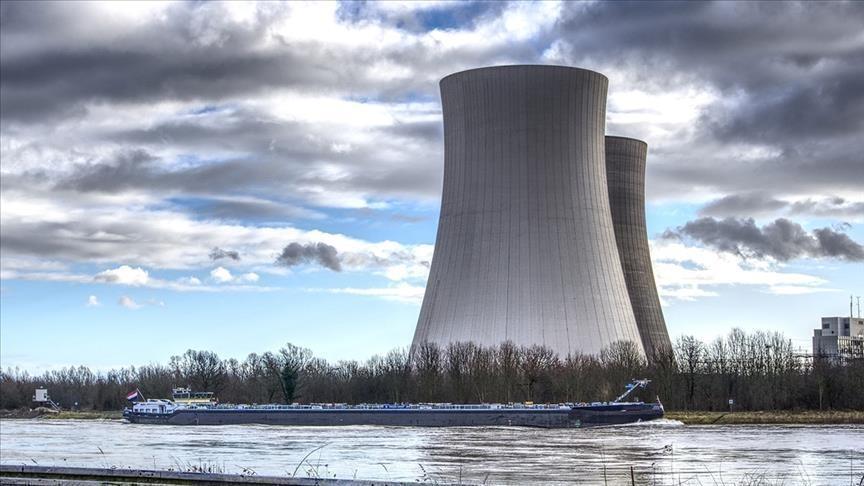South Korea on Wednesday signaled support for Japan’s release of nuclear waste into the sea as Seoul said it ‘respects’ the International Atomic Energy Agency’s (IAEA) assessment of the issue.
In a report, the IAEA said the release of the nuclear wastes from the crippled Fukushima nuclear plant into the sea will have a ‘negligible radiological impact on people and the environment.’
Park Ku-yeon, the deputy chief of the Office for Government Policy Coordination, said that Seoul ‘holds respect’ for the IAEA’s findings and ‘recognizes the IAEA as a prestigious internationally agreed-upon agency,’ Seoul-based Yonhap News reported.
He added: ‘Steps are being taken to accelerate the schedule for disclosing the scientific report prepared by the government.’
Seoul had sent a group of experts to visit the crippled nuclear plant.
Japan is considering starting the water release as early as August.
China, on the other side, dubbed the report on Japan’s nuclear waste by the global nuclear watchdog as ‘limited,’ saying it was no ‘green light’ for Tokyo to release the treated water into the sea.
China’s Foreign Ministry spokesman Wang Wenbin also urged Japan on Wednesday to ‘respect science, recognize truth, earnestly fulfill its international responsibility and obligation, stop forcefully pushing the dumping plan and instead dispose of the nuclear-contaminated water in a responsible way.’
Japan’s Prime Minister Fumio Kishida said on Tuesday that Japan will maintain a high level of transparency while explaining the plan to affected residents and the global community.
‘We will not allow a discharge that would be harmful to human health and the environment,’ Kishida said.
Meanwhile, IAEA Chief Rafael Grossi met mayors, fishermen associations, and local groups in Fukushima on Wednesday.
‘Your concerns are key to IAEA’s work. We’re here to listen, explain, and ensure safety — and we’ll stay here true to our commitment before, during, and after treated water discharge,’ Grossi told them.
Japan has earmarked $600 million in funds for affected fishermen.
Japan’s water discharge plan, announced in April 2021, faced significant criticism from China, South Korea, North Korea, Taiwan, and international organizations, including the UN.
The US supported the proposal, following years of discussions on dealing with over 1 million tons of water stored at the Fukushima nuclear complex since the 2011 disaster.

